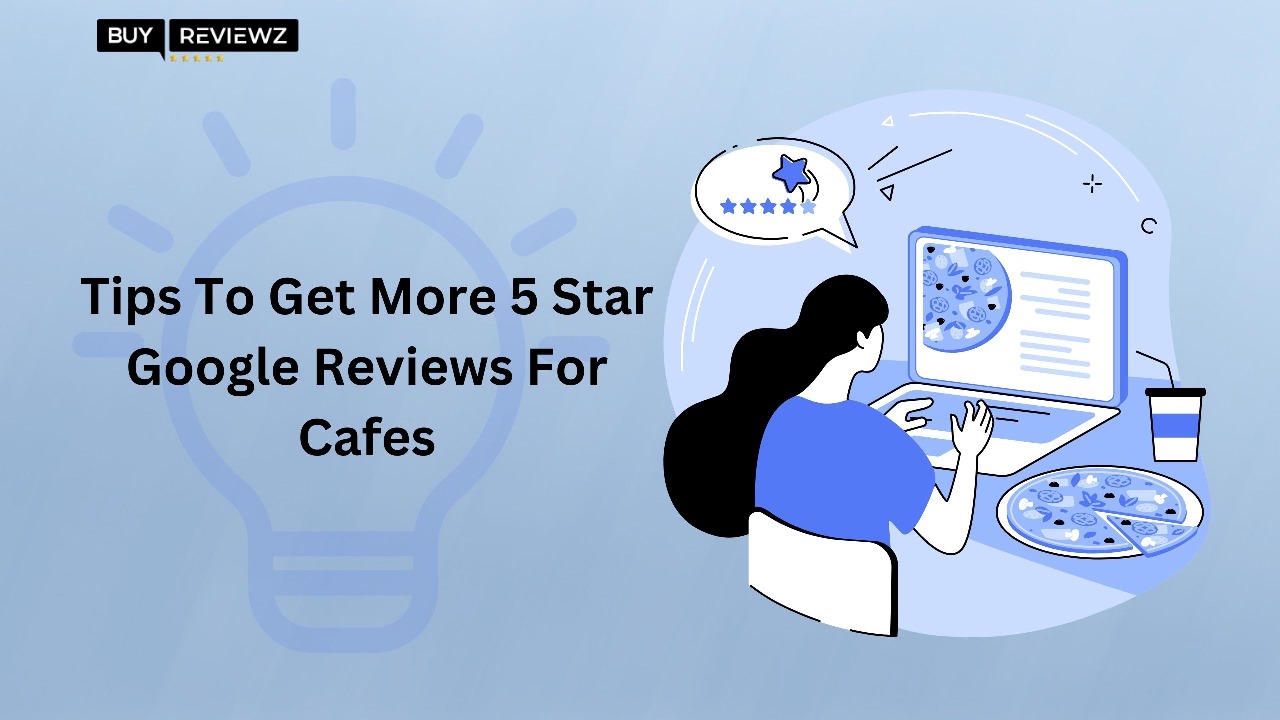As the field of Generative AI tailoring genai products for diverse mobile developer personas evolves, one key challenge is making these powerful tools accessible and relevant to the diverse personas that populate the mobile development landscape. Tailoring GenAI products to meet the specific needs of various mobile developers can enhance productivity, streamline workflows, and unlock creative potential. To achieve this, understanding the different types of mobile developers, their needs, and how GenAI can fit into their work process becomes critical.
Understanding Diverse Mobile Developer Personas
Mobile developers do not represent a monolithic group. They come from different backgrounds, have varied technical skills, and focus on distinct areas within mobile development. To effectively create tailoring genai products for diverse mobile developer personas tools for this audience, one must first understand the key developer personas:
- The Indie Developer: Independent developers often wear multiple hats, including coding, designing, and marketing their apps. They focus on speed and cost-effectiveness and seek tools that reduce complexity and help them launch products quickly.
- The Enterprise Developer: These professionals work for large organizations and create apps for specific business needs. They require highly scalable, secure, and reliable solutions, often working with complex databases and systems.
- The UI/UX-Focused Developer: This persona prioritizes user experience. They need tools that enhance the aesthetics and usability of their applications while staying up-to-date with the latest design trends.
- The Game Developer: Game developers require tools that support creativity, performance, and multi-platform deployment. Their focus extends beyond functionality to include real-time rendering, visual quality, and user engagement.
- The Full-Stack Developer: Full-stack developers handle both the front-end and back-end of app development. They need flexible GenAI tools that can support a wide range of tasks, from API development to app interface design.
By identifying these personas, tailoring genai products for diverse mobile developer personas product creators can begin to tailor their offerings to meet the unique demands of each group.
Key Factors in Tailoring GenAI for Mobile Developers
Customization and Flexibility
Each developer persona has distinct needs, so flexibility in GenAI tools is vital. Indie developers, for example, need quick, cost-effective solutions, while enterprise developers may seek scalability and deep customization options. Providing a range of customizable features helps different types of developers mold GenAI to their workflows.
For example, indie developers might prioritize automated code generation for simple mobile apps, where they can input basic parameters, and the GenAI produces clean, ready-to-deploy code. Meanwhile, enterprise developers could benefit from GenAI that integrates into existing corporate infrastructure, allowing them to customize algorithms or adjust security protocols.
Platform-Specific Support
Mobile development occurs across various platforms, most notably iOS and Android. Catering to this divide means offering platform-specific features. Some developers prefer Apple’s Swift, while others lean towards Google’s Kotlin or Java. GenAI tools should provide deep integration with these languages, frameworks, and SDKs. Offering support for cross-platform frameworks like Flutter or React Native further broadens the appeal, particularly for developers seeking efficiency.
Indie developers, for instance, can benefit from multi-platform capabilities that allow them to deploy to both iOS and Android with minimal additional effort. Enterprise developers, on the other hand, may focus more on platform-specific optimizations that ensure the highest level of performance for each app version.
Natural Language Interfaces for Code Generation
One of the most appealing aspects of tailoring genai products for diverse mobile developer personas is its ability to translate natural language prompts into code. By making this feature adaptable to different levels of expertise, GenAI tools can cater to a wider range of developers. Beginner developers, for instance, may need a simple, user-friendly interface that allows them to describe desired app features in plain English. The AI can then generate the code they need to implement those features.
More advanced developers might prefer a different approach, where the GenAI suggests code snippets based on incomplete statements, saving time without taking away their creative control. For full-stack developers, GenAI could even provide entire back-end solutions or API integrations based on high-level descriptions of system architecture.
Collaboration and Teamwork
In enterprise settings or game development studios, multiple developers often work together on the same project. GenAI tools need to facilitate collaboration by integrating with version control systems like Git, offering real-time code suggestions that align with shared project goals. Furthermore, enabling developers to leave notes, adjust AI-generated code, and track changes helps ensure that the product meets their collective vision.
For example, a UI/UX-focused developer might design the user interface, while a full-stack developer handles back-end integration. GenAI tools should seamlessly support this division of labor, ensuring that both front-end and back-end components work harmoniously.
Performance Optimization
The ability to fine-tune app performance, particularly for game developers and enterprise developers, is another crucial feature. tailoring genai products for diverse mobile developer personas tools can help by analyzing code and suggesting optimizations in areas like memory management, rendering performance, and battery usage. For mobile game developers, real-time rendering performance is key, and GenAI can assist in optimizing this without compromising visual quality.
Enterprise apps often handle large datasets, so optimizing database queries and ensuring smooth network operations can make a significant impact on the app’s overall performance. GenAI can automatically refactor inefficient code or suggest improvements that scale with the growing demands of the app.
Visual and Design Tools for UI/UX Developers
UI/UX-focused developers prioritize how users interact with their applications. GenAI can assist by offering visual design tools that generate user interfaces based on high-level descriptions or design principles. Additionally, GenAI can adapt to the latest design trends, enabling developers to create modern, appealing interfaces without needing to become experts in visual design themselves.
For instance, a UI/UX developer might request an AI-generated layout based on minimalist design principles and user behavior data. The GenAI system could then produce a wireframe or mock-up, complete with suggested typography, color schemes, and layout configurations.
Integration with Machine Learning and AI Features
For mobile developers interested in integrating advanced features like voice recognition, image processing, or predictive analytics, GenAI tools should provide support for incorporating these capabilities into their apps. AI-powered features are increasingly becoming a standard in mobile apps, and by offering easy integration and optimization tools, GenAI can help developers create more intelligent, responsive applications.
Game developers could use tailoring genai products for diverse mobile developer personas to integrate AI-driven enemy behaviors or adaptive difficulty levels into their games. Enterprise developers might find GenAI helpful in integrating machine learning models for data analytics or user behavior prediction within their mobile apps.
Educational Resources and Documentation
Many mobile developers, especially beginners, benefit from educational resources that help them understand how to best utilize GenAI tools. Whether through interactive tutorials, detailed documentation, or community forums, providing robust learning materials ensures that developers can quickly get up to speed and make the most of the GenAI tools at their disposal.
For indie developers who often work alone, comprehensive documentation and support become crucial for learning how to integrate GenAI features into their apps without needing external help. Enterprise developers, meanwhile, may appreciate case studies or white papers that demonstrate how GenAI has been successfully used in complex, high-stakes environments.
Security and Compliance
Enterprise and full-stack developers, in particular, need to ensure that their applications meet specific security and compliance standards. tailoring genai products for diverse mobile developer personas products must assist in this by automatically generating secure code, flagging potential vulnerabilities, and suggesting best practices. Additionally, tools should support compliance with regulations such as GDPR or CCPA, ensuring that developers can build apps that protect user privacy and data.
Conclusion
Tailoring tailoring genai products for diverse mobile developer personas products for diverse mobile developer personas requires a deep understanding of each group’s unique challenges, goals, and workflows. From indie developers needing fast, low-cost solutions to enterprise developers seeking secure, scalable tools, GenAI can play a pivotal role in transforming the mobile development process. By focusing on customization, platform-specific support, natural language interfaces, performance optimization, and collaboration, GenAI products can empower mobile developers of all types to create innovative, efficient, and impactful applications. See more




